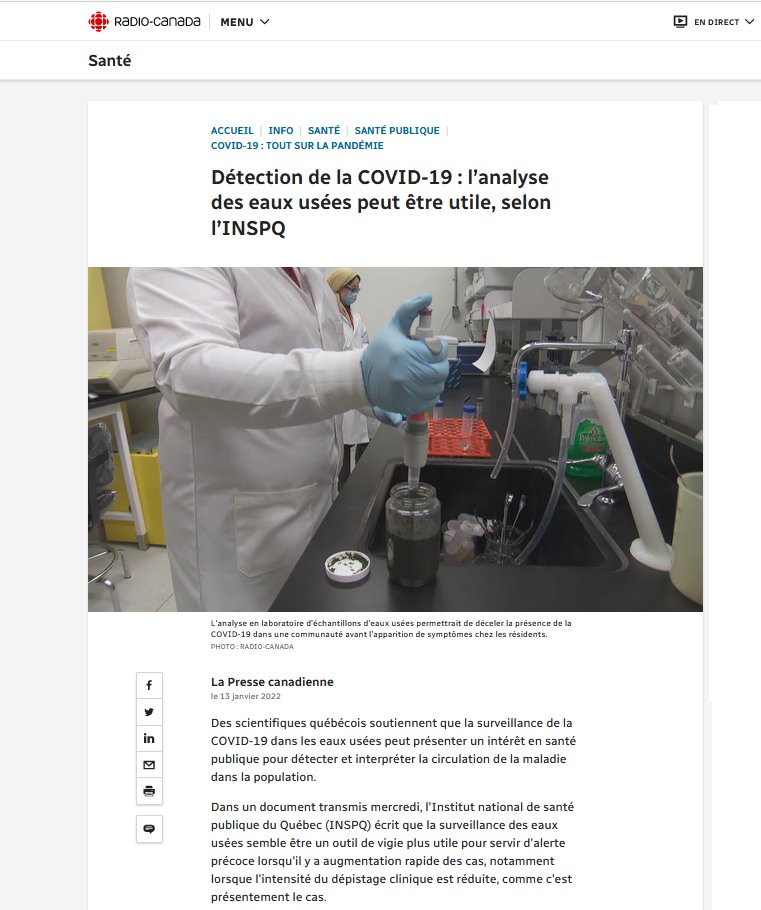1) In a little-noticed change, Québec’s public health institute has quietly stopped posting international comparisons on the province’s #COVID death rates. In this thread, I will show why this and other data suppression is blinding Québecers to the true state of the #pandemic.
2) The Institut nationale de santé publique du Québec (INSPQ) discontinued international COVID death comparisons about a month after Premier François Legault asserted that they weren’t fair as the province just happened to be going through its 2nd deadliest wave in the #pandemic. 

3) Legault instead focused public attention on Québec’s excess deaths from months earlier to show it was faring much better in the #pandemic than other provinces even though its #COVID mortality rate on Jan. 18 was the highest among all wealthy jurisdictions around the world. 

4) The INSPQ’s decision to discontinue posting international #COVID mortality comparisons once again raises questions as to whether it felt pressured politically to do so. An INSPQ source told me that was not the case about a month before these comparisons were actually dropped.
5) The INSPQ’s decision also follows another puzzling one by Québec authorities on Jan. 7 to stop providing statistics on outbreaks in schools, the workplace and daycares. See the chart below for the explanation by the Montréal public health department. 

6) Months earlier, the Québec government had stopped funding #COVID19 analyses of sewage water to track the #pandemic even though experts have universally agreed that doing so makes scientific sense and is in the public’s interest. 

7) Earlier this week, Dr. Tara Moriarty of the University of Toronto — an expert whom Legault has often cited — warned Ontario's latest wastewater signals suggest that province might be sailing into another #COVID19 wave. But wastewater analysis in Québec is sadly non-existent. 

8) Québec, like many jurisdictions around the world, has also discontinued widespread #COVID screening even as it proceeds to lift public health protections. Dr. Maria Van Kerkhove (@mvankerkhove) of the World Health Organization criticized such lax testing earlier this week. 

9) Yet the #pandemic is far from over, Dr. Van Kerkhove insisted, with #COVID cases rising in the Western Pacific. South Korea, Hong Kong and Japan are all now struggling with rising #COVID infections and deaths driven by the much more contagious #Omicron variant of concern. 

10) Here in Québec, the province is still reporting far more #COVID deaths than for the corresponding period last year. Thus, Québec cannot argue that this is just because it’s backfilling lots of fatalities from weeks earlier. See the cart below. 

11) True, international #COVID comparisons are inherently problematic because each jurisdiction’s #pandemic record-keeping is slightly different. And some jurisdictions like Florida have notoriously suppressed data on deaths. 

12) But this record-keeping (as imperfect as it is), along with #COVID screening and wastewater analysis, are our best available tools to try to gauge how the #pandemic is evolving and to keep the public well-informed, so necessary during this unprecedented crisis. End of thread.
• • •
Missing some Tweet in this thread? You can try to
force a refresh












